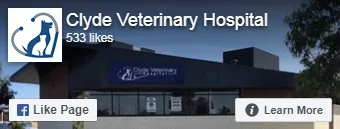VETERINARY DENTISTRY
Dental health is a critical, but all too often neglected factor in your pet’s wellbeing. You should always ensure your dog or cat has a proper preventative dental care regime in place in order to avoid unnecessary health complications further down the track.
Clyde Veterinary Hospital offers a complete range of dog and cat dental services from our brand new state of the art clinic – we even cater to ferrets, rabbits. Coupled with our strong preventative pet care approach, Clyde vet is Casey’s #1 destination for animal dentistry.
iM3 Equipment
We use all the very latest in dental technology from Australian manufacturer iM3 – regarded as the gold standard in dental equipment, in our state of the art dental clinic.
Best Practice Environment
We use species-specific dog and cat anti-stress medication diffusers in our dedicated dog and cat areas – so they’ll come away from their trip to Clyde Veterinary Hospital smiling like never before and ready to begin recovery.
Rigorous Pre-Anaesthetic Testing
And remember, although it’s a quick and simple procedure, even with modern ultrasonic teeth-cleaning technology, your dog or cat does need to be anaesthetised for an effective clean. At Clyde Veterinary Hospital we undertake rigorous pre-anaesthetic blood and fluid therapy to ensure a smoother recovery from your animal’s dental treatment.
ANIMAL DENTAL SERVICES
Dog Dentistry
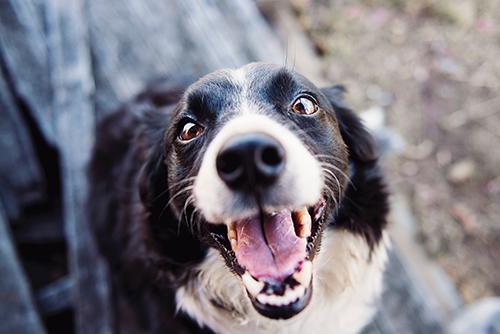
Cat Dentistry
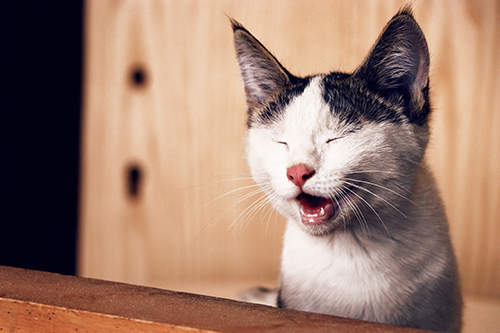
Rabbit/Rodent Dentistry
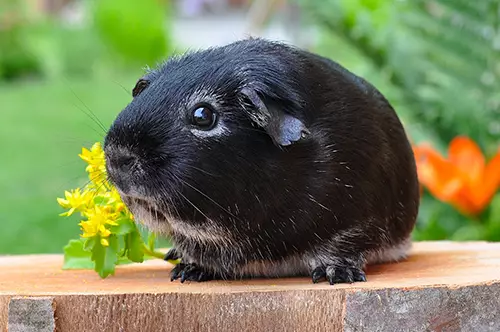
Ferret Dentistry
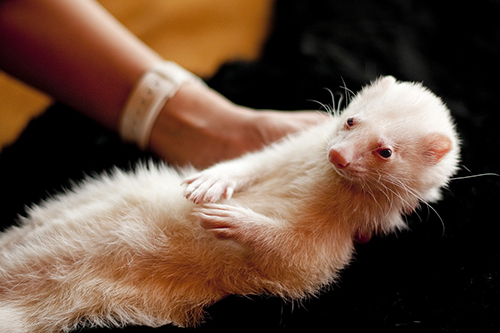
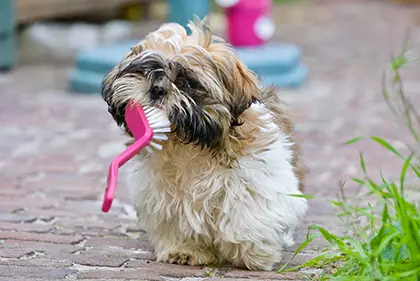
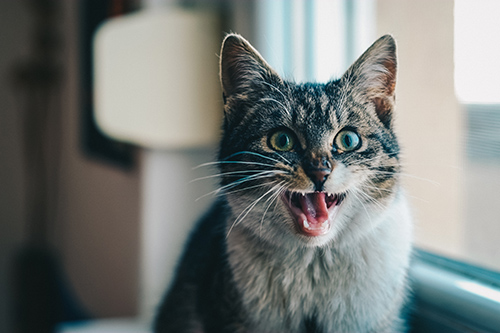
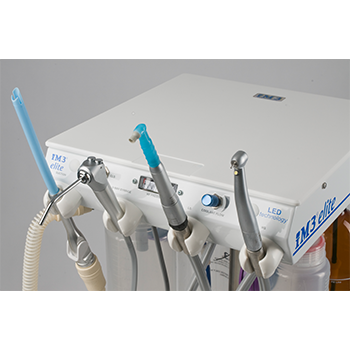
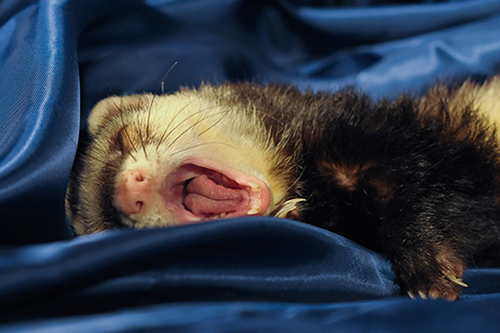
AUGUST DENTAL MONTH
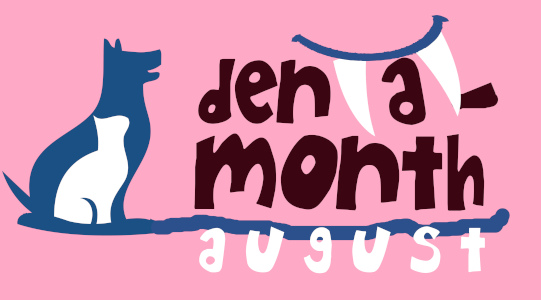

SAVE ON DENTAL EXTRAS
& Adult Vet Essentials
10% Off Oravet Dental Dog Chews
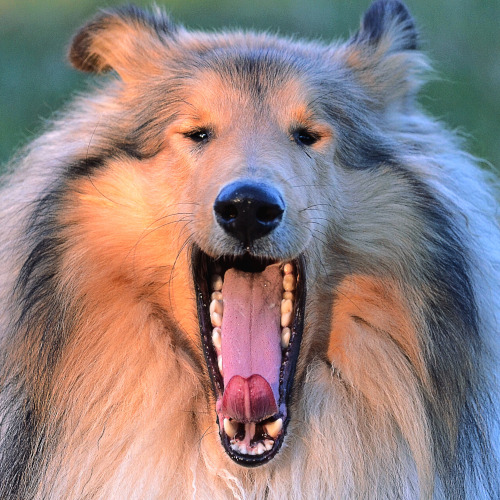
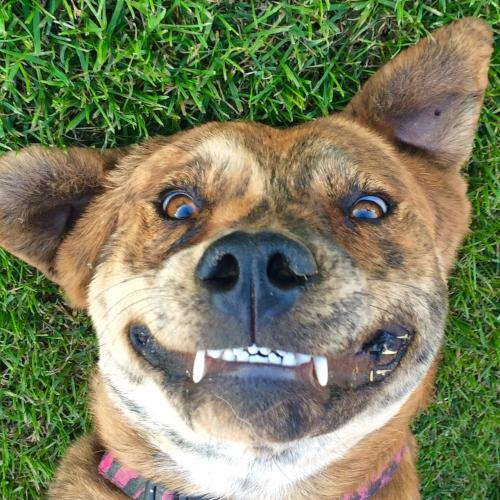
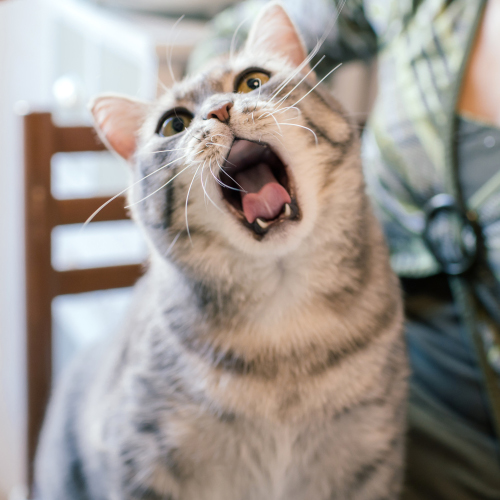
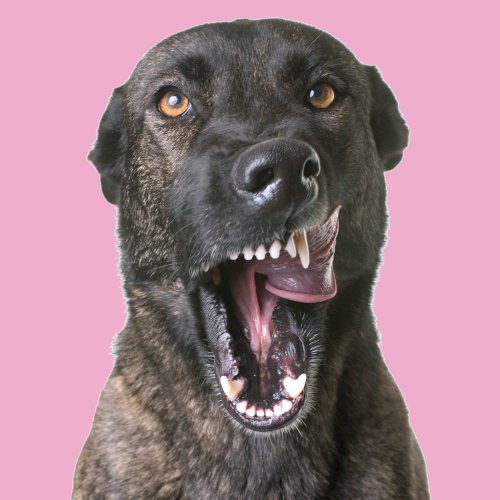
FREE DENTAL CHECKS
Over 85% of adult cats & dogs have undiagnosed dental conditions. impacting their health.
Get their dental health a veterinary-grade check-up TOTALLY FREE in Clyde Vet’s August Dental Month. PLUS ….
SAVE $50 – $100
booked before August 31
or ph. 9052 3200

PLUS ….
Enters the Draw to WIN


VETERINARY DENTAL SERVICES
Ultrasonic Teeth Cleaning & Polishing
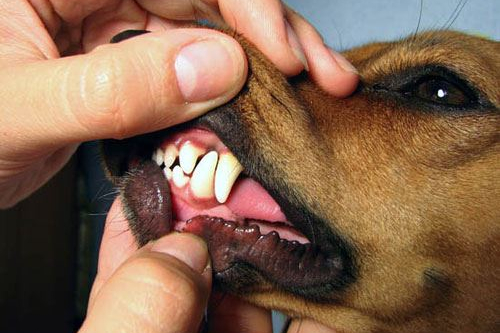
Dog Dental Checkups

Cat Dental Checkups

Ultrasonic cleaning is the very latest in veterinary dental technology. Ultrasonic scalers are handheld devices which use the energy from ultrasonic vibrations to remove hard, calcified deposits from your pet’s teeth.
Ultrasonic scalers also create shockwaves that help disrupt bacterial cells while also washing and flushing the pockets between teeth and any exposed root surfaces with water, leaving the animal’s mouth fresher for maximum hygiene.
Followed by a Polish which smooths the surface of the tooth to minimise bacteria and plaque build up on the teeth.
At Clyde Veterinary Hospital this procedure to performed under anaesthetic to allow us the best possible dental result.
Has your dog got doggy breath? This could be an important sign of developing periodontal or gum disease.
Your dog’s teeth may appear healthy on inspection, but gum disease is often lurking in the background – research has shown 85% of pets have some form of periodontal disease by the time they are aged 3. Bad breath is just one of the more obvious symptoms – you should also look out for any loss of appetite, red or swollen gums and yellowing or loose teeth.
Canine periodontitis is a bacterial infection of your dog’s mouth. The disease has four main stages – progressing from minor plaque build up or mildly inflamed gums through to full blown gingivitis to mild or severe periodontitis – which can result in the loss of teeth or even bone tissue disease.
At Clyde Veterinary Hospital, preventative care comes first – so while most cases will require a specialised cleaning regime, we also help put you on the right path to maintaining your cat or dog’s oral hygiene over the longer term.
Did you know that up to 85% of cats have been found to have some form of periodontal disease by the time they are just 3 years old?
Periodontitis and gum disease can have extremely serious consequences for your cat if left unattended. Pain in eating and loss of appetite are some of the milder symptoms, but it can also lead to tooth or bone loss, and bacteria from under their gums can travel to your cat’s heart, liver or kidneys, causing further health complications.
There is no known cure for periodontitis in cats once it has developed, but the disease can be effectively managed. Clyde Veterinary Hospital takes a strong preventative care approach to maintaining your cat’s gum health, and we’ll help put you on the right path to maintaining your cat’s dental hygiene in between checkups.
Teething Issues
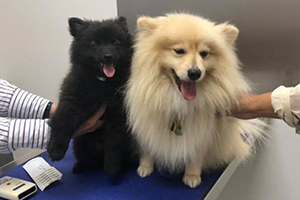
Tooth Decay & Abscesses

Dental X-Rays
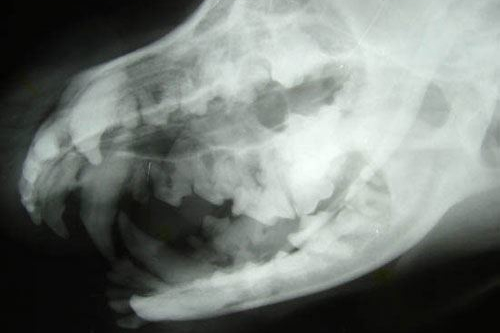
Teething can be a painful process for puppies and kittens, which can result in excessive bitting or loss of appetite or difficulty chewing or eating is one of the most obvious symptoms – but one that owners often mistake for other more serious issues.
Contact Clyde Veterinary Hospital if your puppy or kitten is experiencing severe symptoms related to teething for a more in-depth checkup and treatment plan.
Dealing with tooth decay, abscesses and tooth removal is an important part of your pet’s long-term health. Whether you have a dog or cat, rabbit, guinea pig or ferret, Clyde Veterinary Hospital has the experience and the facilities to make sure the problem is corrected properly the first time.
Because most treatments for dealing with tooth decay or removal involves general anaesthetic, make sure you choose Casey’s #1 clinic for best practice sterilisation with rigorous pre-anaesthetic testing and fluid therapy to ensure everything goes smoothly.
At Clyde Veterinary Hospital, we use the latest in digital radiology technology to diagnose and treat your pet’s dental health and hygiene issues.
Digital technology means instant results for a speedy diagnosis and permanently stored to provide a life-long picture of your pet’s health.
Payment Plans
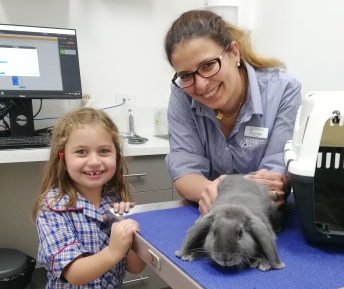
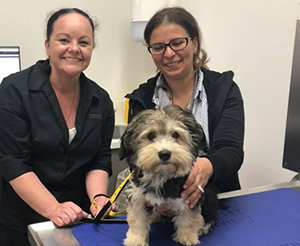
FAQs
How Often Should I Have My Dog or Cat’s Teeth Cleaned?
The correct answer depends upon the animal, as some lifestyles and diets can make dogs or cats more prone to the build up of plaque and tartar. In most cases, we recommend an annual ultrasonic teeth clean, but talk to us at Clyde Vet for a proper assessment of your pet’s needs.
Should I Clean My Dog Or Cat’s Teeth Between Dental Checkups?
Yes, ideally you should be manually cleaning your dog or cat’s teeth and gums daily. Although this is not practical for many pet owners, we strongly recommend implementing a regular tooth cleaning regime, as often as is feasible for you.
What’s the Best Way to Clean My Dog Or Cat’s Teeth Between Dental Checkups?
We strongly recommend the use of a specialised finger brush tailored to your dog or cat’s size to manually clean their teeth and gums as the gold standard for preventative dental health care.
Your dog or cat will take some time to become comfortable with having you manually clean their teeth, which is why we recommend starting them out as young as possible while they are still puppies or kittens. Start by gently lifting up your dog or cat’s top and bottom lip one side at a time and lightly rubbing their teeth with your finger once a day. Once they become used to this, you should begin use of the finger brush, massaging it across their teeth and gums in a circular motion, just like you would your own teeth. We recommend the use of specially flavoured dog or cat dental toothpaste to make the process more enjoyable for them.
You can also help prevent unnecessary dental disease by making sure your dog or cat has a regular supply of dry food available, as this can help counteract the buildup of plaque deposits. You should make sure they are chewing this food and it creates an audible crunching sound to ensure the necessary level of physical abrasion is present. You can also reward your pet with regular “dental treats”, which are specially formulated edible snacks designed to remove plaque and tartar build up.
A range of finger brushes, dental toothpastes and dental treats are available from Clyde Veterinary Hospital – make sure you ask about them at your next appointment.
Do Elderly Dogs or Cats Have Any Special Dental Needs?
The risk of dental disease in dogs and cats rises with the age of your pet – keep an eye out in older animals for any loose or painful teeth, difficulty in eating or loss of appetite, and always make sure they come in for their regular annual dental check-up.
So Smaller Dogs or Small Animals Have Any Special Dental Needs?
Smaller dogs and other small mammals are more likely to have overcrowded or misaligned teeth, which can be difficult to keep clean and thus compromising your pet’s dental health. We recommend keeping a special eye on smaller pets’ teeth and gum health to prevent any special complications, and you should always make sure they are scheduled for a regular annual dental check-up.
How Can I Tell If My Dog or Cat has Dental Issues?
Dogs and cats both display similar symptoms when they are facing problems with their dental health. The most common symptoms are bad breath or you may notice a yellowish-brown tartar forming on their teeth. More severe symptoms include loss of appetite, and your dog or cat licking up their food and avoiding chewing it or using their front paws to rub at their mouth. You should also keep an eye out for excessive drooling and visible bleeding from or discolouration of your dog or cat’s gums.
Stages of Dental Disease
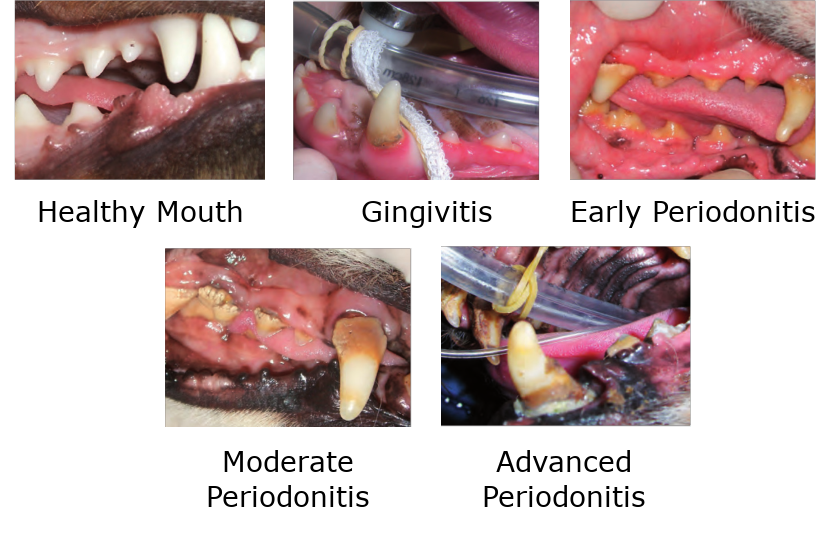
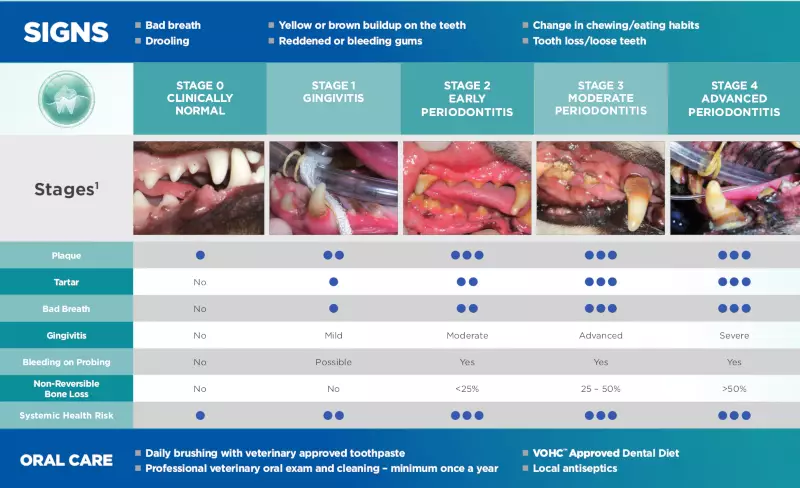
At What Age do Puppies Begin Teething?
Except in rare cases, most puppies are first born without teeth, and their teeth should start emerging at around 3 weeks of age. Most dog owners are not aware that the teething process can actually last up to 6 months in some cases, so you should be on the lookout for any teething related issues during this period.
Your puppy may experience some loss of appetite or bleeding from the gums while first teething, which in most cases passes quickly. If you have any concerns, or they are showing more severe symptoms, contact Clyde Veterinary Hospital for a more in-depth checkup.
Teething starts in earnest around 16 weeks, when their puppy teeth are gradually pushed out by permanent adult teeth. By the time they are aged around 7-8 months, your should expect your pup to have all 42 of their normal permanent adult teeth.
At What Age do Kittens Begin Teething?
Most kittens begin their teething at around 3½-4 months of age, when the primary incisors begin their replacement by permanent incisors. By the time the average kitten is 6- 7 months old, all 30 of their adult teeth should have erupted.


